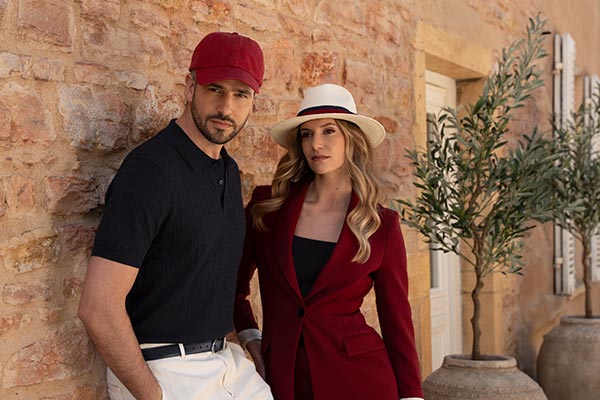

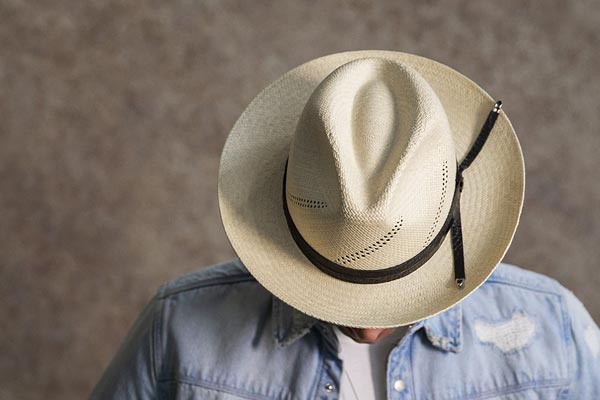
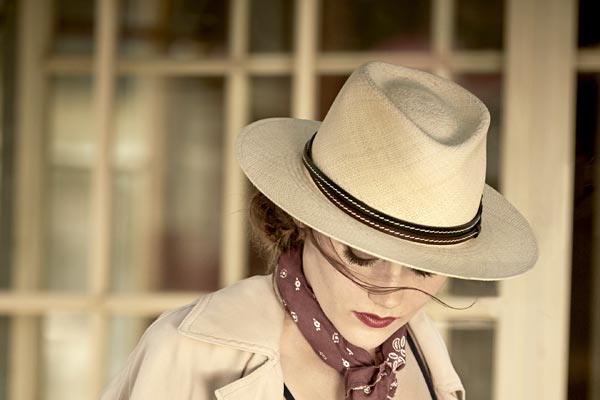
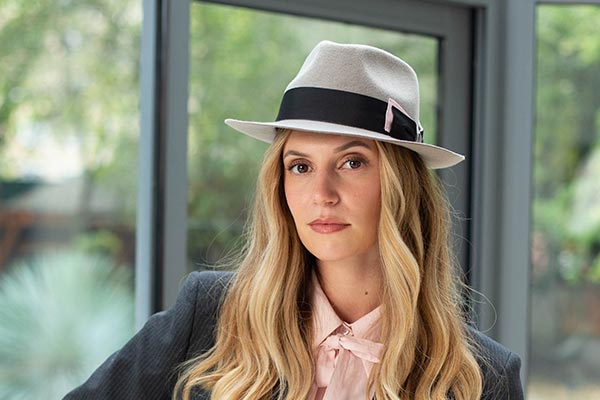




Symbol of summer elegance, the Panama Hat combines lightness, refinement, and natural freshness. Its comfortable wear and its look, both casual and noble, make it the essential ally of sunny days, for both men and women.
However, behind its evocative name lie many misconceptions: many models labeled "Panama" are in name only. Only hats handwoven in Ecuador from toquilla fiber truly deserve this protected designation.
By choosing an authentic hat, one chooses much more than a headpiece: one embraces an artisanal heritage, natural elegance, and ancestral craftsmanship, recognized as UNESCO intangible heritage.
Each Panama Hat is the result of manual weaving, carried out according to traditional techniques passed down from generation to generation. This exceptional craftsmanship is located exclusively around the cities of Cuenca and Montecristi.
Its quality is measured by the regularity of the weaving, its fineness, and the flexibility of the resulting hat. The weaving is done in a rosette pattern from the center of the crown (the "soul"), with great artisanal precision. Authentic models are recognizable by this rosette marking the beginning of the weaving on the top of the crown. This technique allows for an extremely flexible, fine, and homogeneous result.
Montecristi
High-end, luxury, exceptional craftsmanship, ideal for lovers of exceptional or bespoke pieces. The finish is generally more refined, with days or even weeks of work.
Cuenca
Good quality/price compromise, perfect for daily use, while still being a true Panama.
Beware of misconceptions
Even a Cuenca hat can be of very good quality if well-made and if the weaving is fine and of quality. Conversely, not all hats labeled "Montecristi" are necessarily of exceptional quality—it all depends on the actual grade.
The hats are woven from toquilla straw, derived from the Carludovica Palmata plant. This plant grows exclusively in certain regions of Ecuador, and only the tenderest young shoots are used to obtain a flexible, resistant, and naturally light fiber.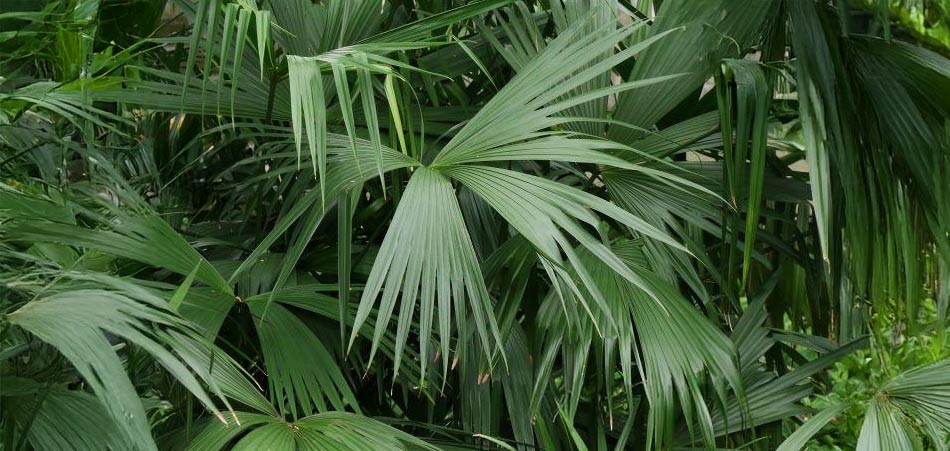
The quality of the hat depends on the selection of fibers, their treatment, drying time, and care at each stage. Only the best harvests, resulting from rigorous sorting, allow for the finest and most durable Panamas—those rare models that gracefully withstand the seasons.
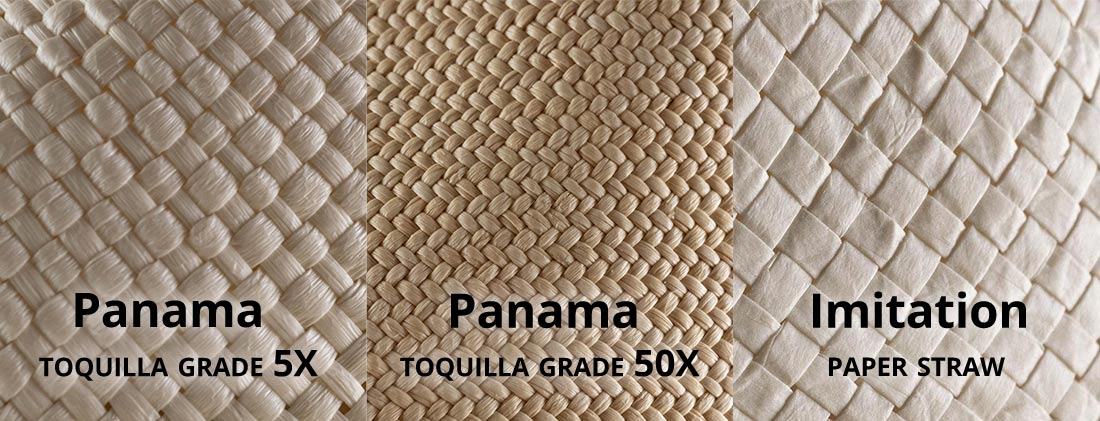
The woven cones then serve as a base and can be molded into a multitude of shapes, adapting to all silhouettes and uses: the Fedora Hat, with its slightly inclined medium brim; the Cuban Hat (or Trilby), shorter and more discreet; or the Floppy Hat, with its wide, floating brim of decidedly feminine charm.
Whether one seeks a men's Panama to accompany a light suit, or a women's Panama Hat to enhance a summer dress, it remains a reliable choice for a summer hat, both protective and elegant.
Curiously, the hat does not originate from Panama, but from Ecuador. Its name comes from the time of the construction of the Panama Canal, where many workers and travelers, including American President Theodore Roosevelt, wore this hat to protect themselves from the sun. The image left a lasting impression, to the point that the name "Panama" stuck, overshadowing its true Ecuadorian birthplace.
Even today, this handwoven headpiece embodies a certain idea of timeless elegance. Whether worn on the beach, on a terrace, or at a summer wedding, it retains that aura of distinguished lightness that makes it an essential straw hat.